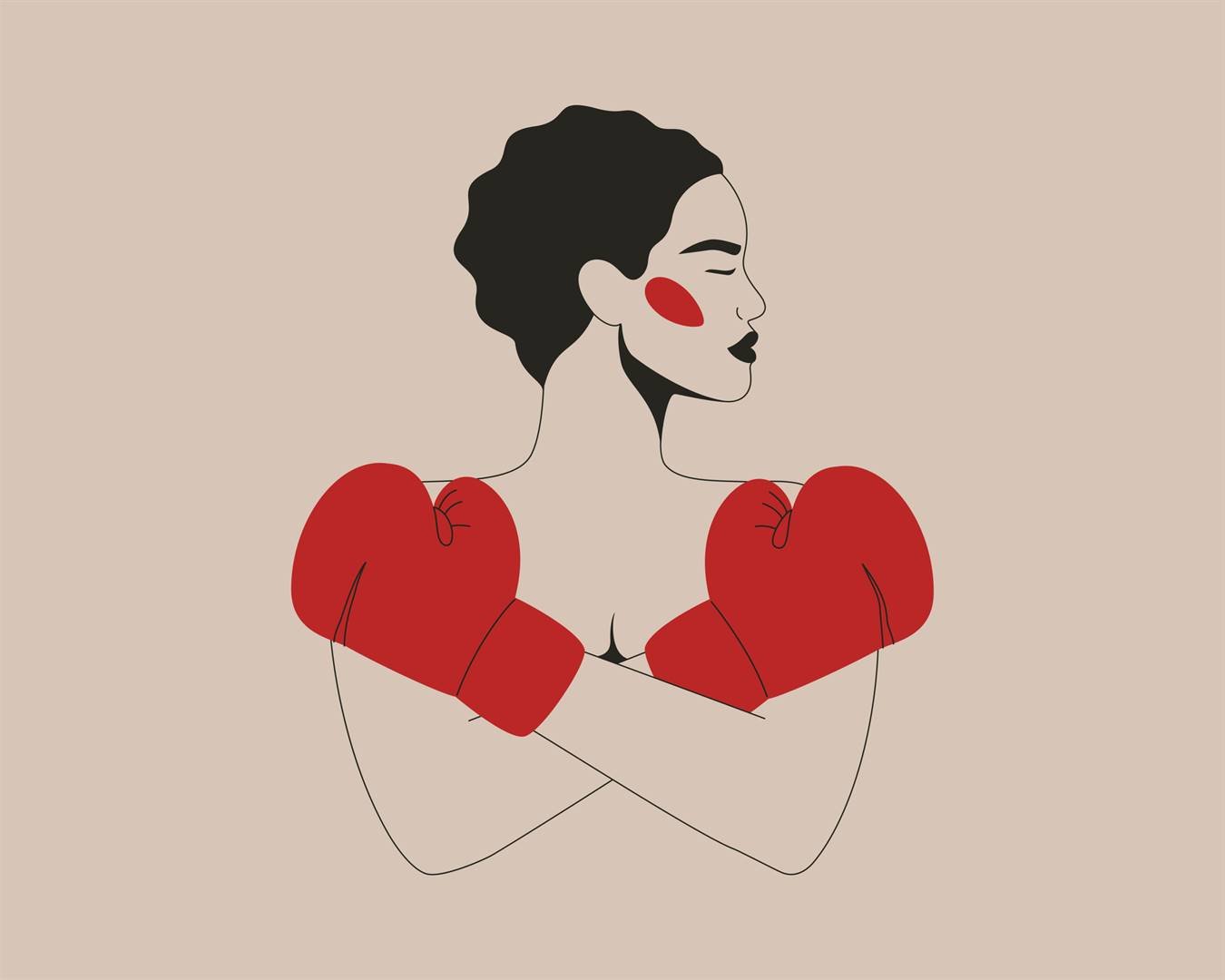
October was breast cancer awareness month, and questions around the reach of awareness are important to ponder. Who is the awareness really for? It is predominantly in English, while cancer centres and health facilities are mostly located in urban areas. The result – women in rural areas struggle to receive and understand the life-saving messages.
Accessibility remains a huge challenge when it comes to both diagnosis and treatment. Once diagnosed, black women must contend with many other socioeconomic challenges that limit them from receiving treatment, even if it is free and provided by public healthcare institutions.
Poor and marginalised
Women in the Northern Cape and parts of North West, for example, have to travel to Kimberley to access breast cancer treatment facilities. Kuruman has a satellite facility, but with limited resources and staff. The Northern Cape is the largest province in South Africa when it comes to land mass, and most rural black women cannot afford the cost of travelling to Kimberley because of extreme poverty.
A 2019 study conducted by the Pietermaritzburg Economic Justice & Dignity Group shows that 55.5% of the South African population survives on R40.90 per person per day. This country is also the most unequal society in the world, with those historically marginalised by colonisation and apartheid still being the most oppressed. Black women make up an overwhelming number of the poor and marginalised.
When black women are diagnosed with breast cancer, they have the burden of having to pit their bread and butter issues against their health concerns. Transport, food and other costs have the ability to push these women and their families deeper into poverty when important healthcare institutions are far and inaccessible.
Breast cancer education needs to be scaled up in the black communities with consideration for these socioeconomic limitations. Greater focus on primary healthcare is also needed with regard to speedy referral for screening and diagnostic tests. These interventions are still largely lacking in black communities, partly because of the myths around who is affected by cancer.
The misconception is often that cancer is a disease that only affects white people, and it still persists, despite the growing incidence of cancer among black women. One of the reasons influencing this racialised idea of the illness might be the fact that there is seemingly a higher incidence of breast cancer among white women than black women.
Read: Ill-advised messaging during lockdown could lead to cancer being the next pandemic
In 2011, the National Cancer Registry reported that the overall risk for breast cancer in South Africa was 1 in 29 women, and estimated that the lifetime risk was 1 in 12 among white women and 1 in 50 among black women. These figures, however, did not account for the black women who might never receive a proper diagnosis. Current and accurate research is not available on how these figures might have changed over the past 10 years.
The 2017 Breast Cancer Prevention and Control Policy, however, attributes the lower incidence of breast cancer among black women to multiple sociocultural factors, such as universal and prolonged lactation, low use of hormone replacement therapy, late menarche, early age of first birth, and a diet low in fat and high in fibre. However, due to rapid urbanisation and lifestyle changes, there has been a significant decrease in these protective factors, making black women more vulnerable to breast cancer and mortality.
Public healthcare system had to prioritise simultaneously
Historically, cancer and other non-communicable diseases have been understood as diseases of affluence, as they are related to economic development, consumption and lifestyle. In contrast, communicable diseases were understood as conditions of poverty and impoverishment.
These crude categorisations were central in explaining global health inequalities, but the epidemiological transitions of the past few decades have forced us to think more critically about these issues. South Africa, as a middle-income country, is a case in point, with a disease burden of both communicable and non-communicable diseases, which the public healthcare system had to prioritise simultaneously. Breast cancer has thus been declared a national priority, as highlighted by the Breast Cancer Prevention and Control Policy of 2017.
Read: Race’s 3-city coup saw thousands hit the streets on Women’s Day
The policy notes that women who live in rural areas are at a disadvantage regarding access to information and services; however, little is said about the intersections of race, class and gender in understanding the structural barriers to breast cancer awareness and knowledge. The inadequate knowledge among black women about breast cancer should be a cause for concern, as it leads to delayed detection, presentation, diagnosis and treatment. This results in a late stage of cancer on diagnosis, aggressive cancer treatment, severe side effects, poor quality of life, or worse – death.
As public health specialists often say, “equity in healthcare begins with equity in health education”. Sociological analysis and theorising are thus important for us to understand these structural barriers, starting with how black women’s bodies are seen and treated. Researchers around the world have highlighted how the healthcare system treats black women differently as a result of implicit racial bias, discrimination and racism.
American critical race theorist and feminist scholar Patricia Hill Collins attributes the discrimination experienced by black women to vectors of oppression that intersect in black women’s lives. Poverty, lack of representation in healthcare systems/leadership, discrimination along racial and gender lines – all these vectors come together and make access to healthcare a huge challenge for black women. Systems marginalise black women for economic gain or to maintain patriarchal dominance, making even the most basic rights and institutions inaccessible to them.
The exclusion of black women
Beyond awareness, these challenges also speak to the exclusion of black women in public spaces, in senior positions within healthcare, in leadership and in important decision-making that can affect how they navigate in the world. The lack of representation affects even the personal aspects of black women’s lives, such as how they experience illness.
Feminists tackle this challenge by turning the personal into the political. Politicising the personal is forcing the challenges that women are faced with into the public space, compelling institutions and leaders to address them. Breast cancer awareness does this in part, which is one of the things that makes the movement so important. But is it leaving black women behind?
Read: More rights for breast cancer patients
While awareness might be lacking for black women with breast cancer, it is important to note that some women have exercised their agency to advance breast cancer awareness. Mama Lillian Dube, for example, used her public platform to talk about her experiences of breast cancer, demystifying the illness and advocating quality healthcare services for women.
We also need to tap into existing structures and initiatives; community healthcare workers have done great work in the past to create awareness around HIV/Aids. Similar strategies should be considered for breast cancer awareness to ensure that no woman is left behind.
Shange is a lecturer in the department of sociology at the University of the Free State and Kgatitswe is a lecturer in the department of sociology at Sol Plaatje University
| ||||||||||||||||||||||||||||||
 |




 Publications
Publications
 Partners
Partners










